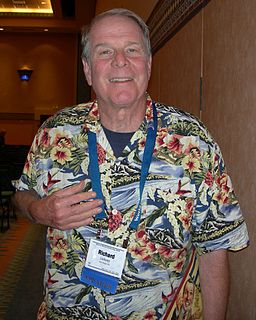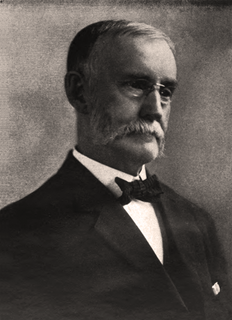A Quote by Wilfred Owen
The universal pervasion of ugliness, hideous landscapes, vile noises, foul language...everything. Unnatural, broken, blasted; the distortion of the dead, whose unburiable bodies sit outside the dug outs all day, all night, the most execrable sights on earth. In poetry we call them the most glorious.
Related Quotes
The only time I really try for a strikeout is when I'm in a jam. If the bases are loaded with none out, for example, then I'll go for a strikeout. But most of the time I try to throw to spots. I try to get them to pop up or ground out. On a strikeout I might have to throw five or six pitches, sometimes more if there are foul-offs. That tires me. So I just try to get outs. That's what counts - outs. You win with outs, not strikeouts.
You know I think so many of us live outside our bodies. My dream is that people will find a way back home, into their bodies, to connect with the earth, to connect with each other, to connect with the poor, to connect with the broken, to connect with the needy, to connect with people calling out all around us, to connect with the beauty, poetry, the wildness.
we need poetry most at those moments when life astounds us with losses, gains, or celebrations. We need it most when we are most hurt, most happy, most downcast, most jubilant. Poetry is the language we speak in times of greatest need. And the fact that it is an endangered species in our culture tells us that we are in deep trouble.
'Milk and Honey' was written with me being honest to myself, kind of pulling at the things that I hear the most and saying that out loud, and you know, that thing that we hear the most is most universal, and so that rings true with all folks. The language used in the poetry is extremely, extremely accessible.
Poetry is the most direct and simple means of expressing oneself in words: the most primitive nations have poetry, but only quitewell developed civilizations can produce good prose. So don't think of poetry as a perverse and unnatural way of distorting ordinary prose statements: prose is a much less natural way of speaking than poetry is. If you listen to small children, and to the amount of chanting and singsong in their speech, you'll see what I mean.
The earth is not a mere fragment of dead history, stratum upon stratum like the leaves of a book, to be studied by geologists and antiquaries chiefly, but living poetry like the leaves of a tree, which precede flowers and fruit ~ not a fossil earth, but a living earth; compared with whose great central life all animal and vegetable life is merely parasitic. Its throes will heave our exuviæ from their graves ... You may melt your metals and cast them into the most beautiful moulds you can; they will never excite me like the forms which this molten earth flows out into.
Nature is a language and every new fact one learns is a new word; but it is not a language taken to pieces and dead in the dictionary, but the language put together into a most significant and universal sense. I wish to learn this language - not that I may know a new grammar, but that I may read the great book which is written in that tongue.
Faith in Jesus Christ and a testimony of Him and His universal Atonement is not just a doctrine with great theological value. Such faith is a universal gift, glorious for all cultural regions of this earth, irrespective of language, race, color, nationality, or socioeconomic circumstance. The powers of reason may be used to try to understand this gift, but those who feel its effects most deeply are those who are willing to accept its blessings, which come from a pure and clean life of following the path of true repentance and living the commandments of God.
Christ is building His kingdom with earth's broken things. Men want only the strong, the successful, the victorious, the unbroken, in building their kingdoms; but God is the God of the unsuccessful, of those who have failed. Heaven is filling with earth's broken lives, and there is no bruised reed that Christ cannot take and restore to glorious blessedness and beauty. He can take the life crushed by pain or sorrow and make it into a harp whose music shall be all praise. He can lift earth's saddest failure up to heaven's glory.





































